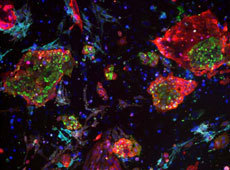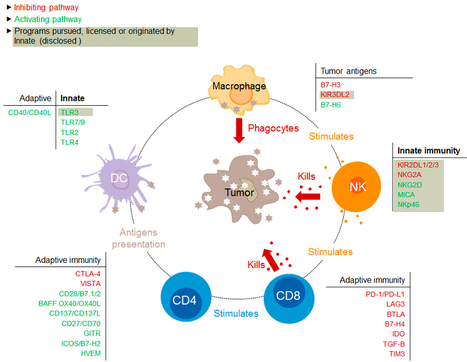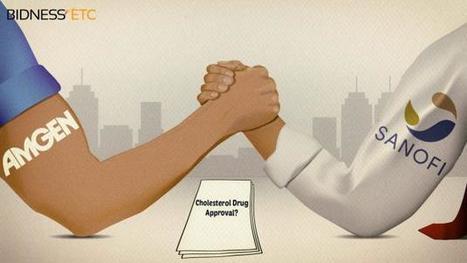Original Article from The New England Journal of Medicine — Efficacy and Long-Term Safety of a Dengue Vaccine in Regions of Endemic Disease
BACKGROUND
A candidate tetravalent dengue vaccine is being assessed in three clinical trials involving more than 35,000 children between the ages of 2 and 16 years in Asian–Pacific and Latin American countries. We report the results of long-term follow-up interim analyses and integrated efficacy analyses.
Full Text of Background...
METHODS
We are assessing the incidence of hospitalization for virologically confirmed dengue as a surrogate safety end point during follow-up in years 3 to 6 of two phase 3 trials, CYD14 and CYD15, and a phase 2b trial, CYD23/57. We estimated vaccine efficacy using pooled data from the first 25 months of CYD14 and CYD15.
Full Text of Methods...
RESULTS
Follow-up data were available for 10,165 of 10,275 participants (99%) in CYD14 and 19,898 of 20,869 participants (95%) in CYD15. Data were available for 3203 of the 4002 participants (80%) in the CYD23 trial included in CYD57. During year 3 in the CYD14, CYD15, and CYD57 trials combined, hospitalization for virologically confirmed dengue occurred in 65 of 22,177 participants in the vaccine group and 39 of 11,089 participants in the control group. Pooled relative risks of hospitalization for dengue were 0.84 (95% confidence interval [CI], 0.56 to 1.24) among all participants, 1.58 (95% CI, 0.83 to 3.02) among those under the age of 9 years, and 0.50 (95% CI, 0.29 to 0.86) among those 9 years of age or older. During year 3, hospitalization for severe dengue, as defined by the independent data monitoring committee criteria, occurred in 18 of 22,177 participants in the vaccine group and 6 of 11,089 participants in the control group. Pooled rates of efficacy for symptomatic dengue during the first 25 months were 60.3% (95% CI, 55.7 to 64.5) for all participants, 65.6% (95% CI, 60.7 to 69.9) for those 9 years of age or older, and 44.6% (95% CI, 31.6 to 55.0) for those younger than 9 years of age.
Full Text of Results...
CONCLUSIONS
Although the unexplained higher incidence of hospitalization for dengue in year 3 among children younger than 9 years of age needs to be carefully monitored during long-term follow-up, the risk among children 2 to 16 years of age was lower in the vaccine group than in the control group. (Funded by Sanofi Pasteur; ClinicalTrials.gov numbers, NCT00842530, NCT01983553, NCT01373281, andNCT01374516.)
Via Krishan Maggon



 Your new post is loading...
Your new post is loading...












ORIGINAL ARTICLE
Efficacy and Long-Term Safety of a Dengue Vaccine in Regions of Endemic DiseaseSri Rezeki Hadinegoro, M.D., Ph.D., Jose Luis Arredondo-García, M.D., Maria Rosario Capeding, M.D., Carmen Deseda, M.D., Tawee Chotpitayasunondh, M.D., Reynaldo Dietze, M.D., H.I. Hj Muhammad Ismail, M.B., B.S., Humberto Reynales, M.D., Ph.D., Kriengsak Limkittikul, M.D., Doris Maribel Rivera-Medina, M.D., Huu Ngoc Tran, M.D., Ph.D., Alain Bouckenooghe, M.D., Danaya Chansinghakul, M.D., Margarita Cortés, M.D., Karen Fanouillere, M.Sc., M.P.H., Remi Forrat, M.D., Carina Frago, M.D., Sophia Gailhardou, Pharm.D., Nicholas Jackson, Ph.D., Fernando Noriega, M.D., Eric Plennevaux, Ph.D., T. Anh Wartel, M.D., Betzana Zambrano, M.D., and Melanie Saville, M.B., B.S. for the CYD-TDV Dengue Vaccine Working Group
July 27, 2015DOI: 10.1056/NEJMoa1506223